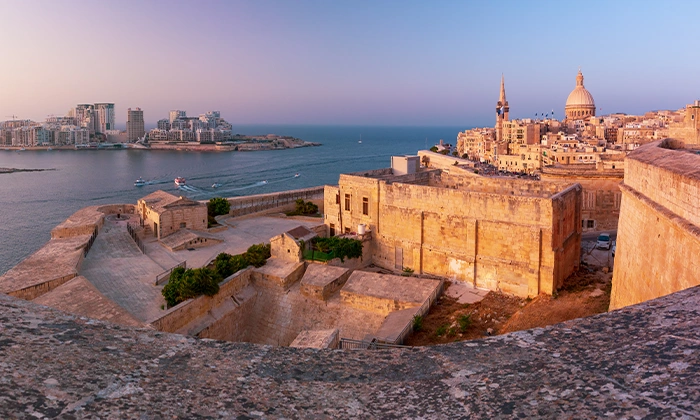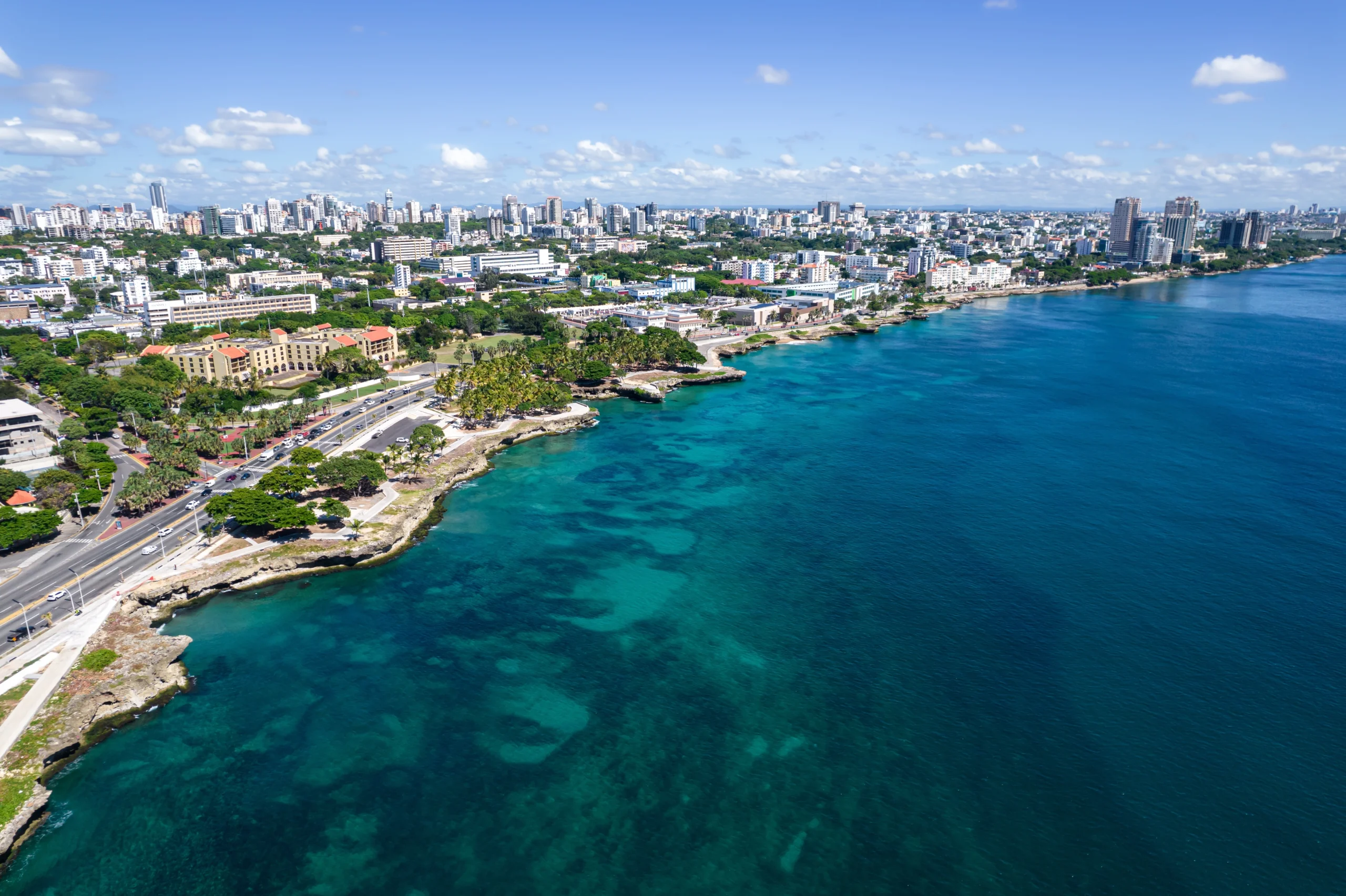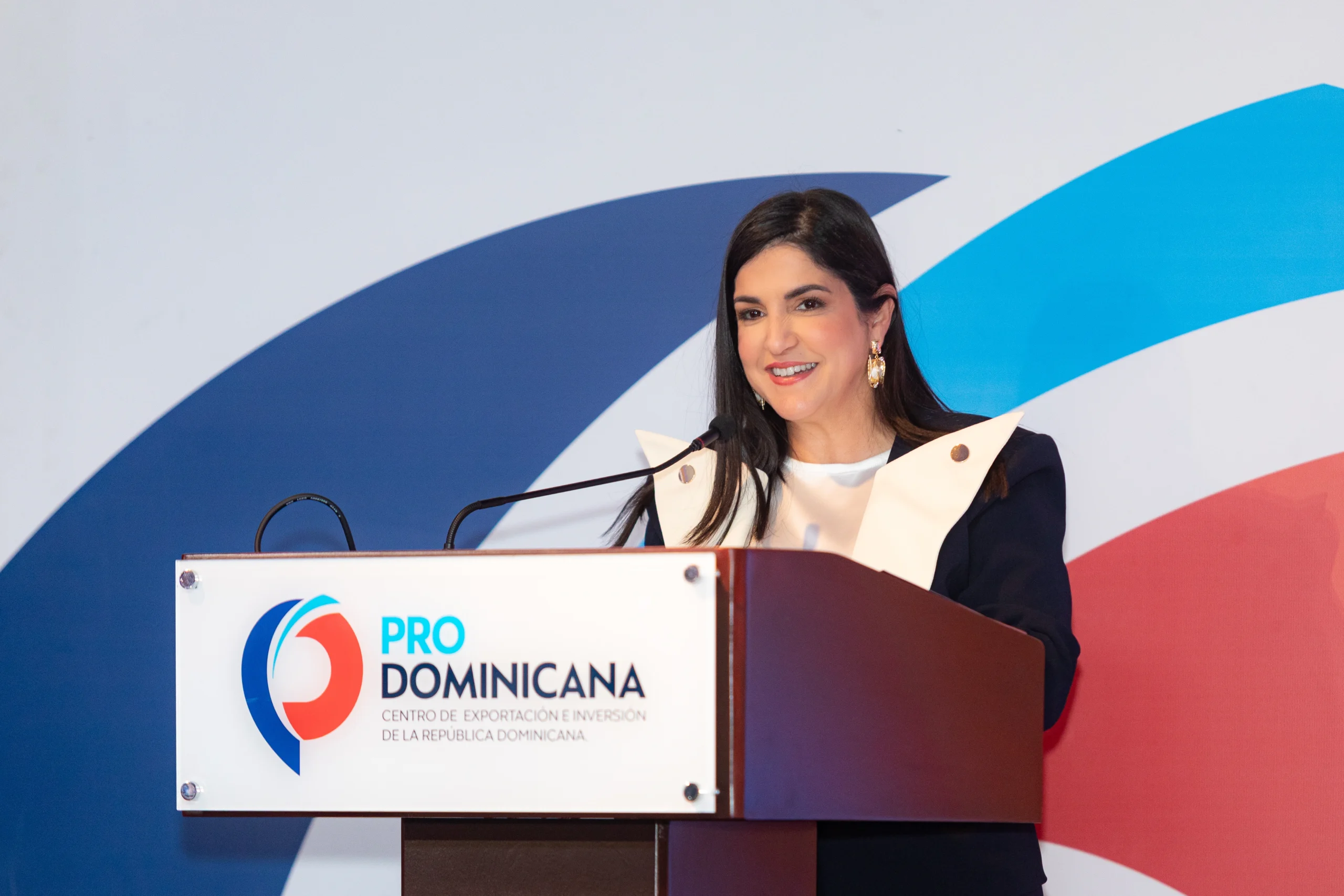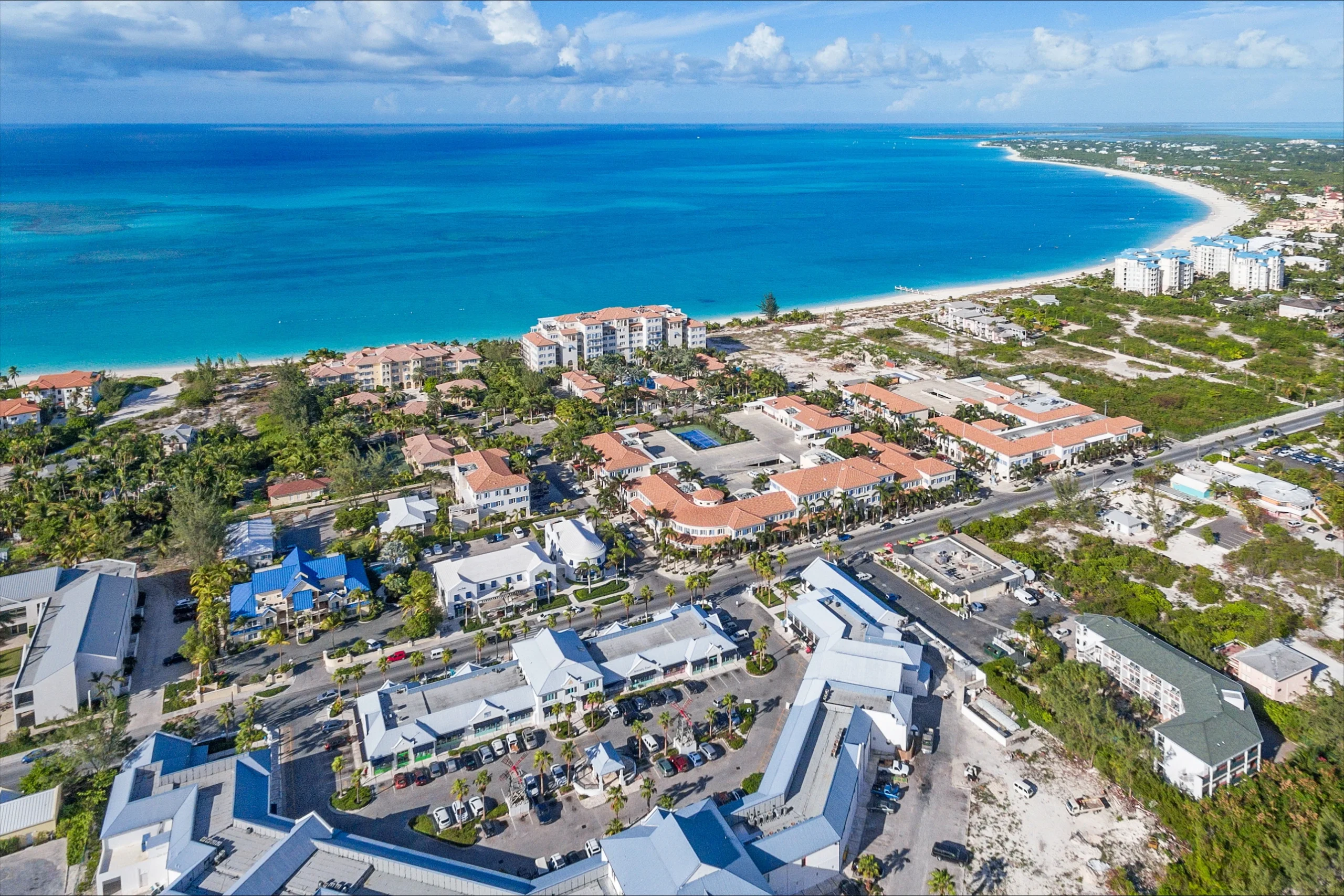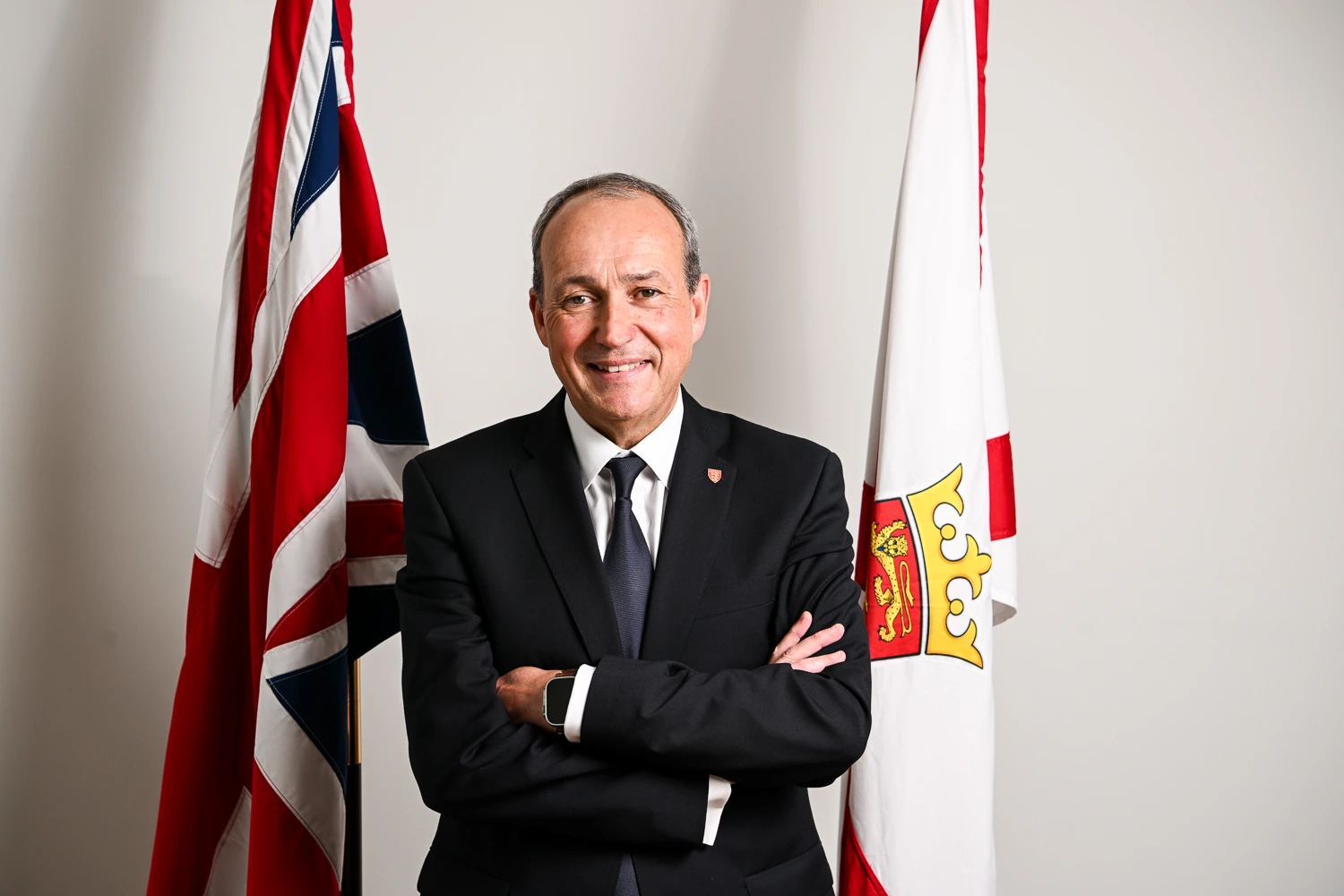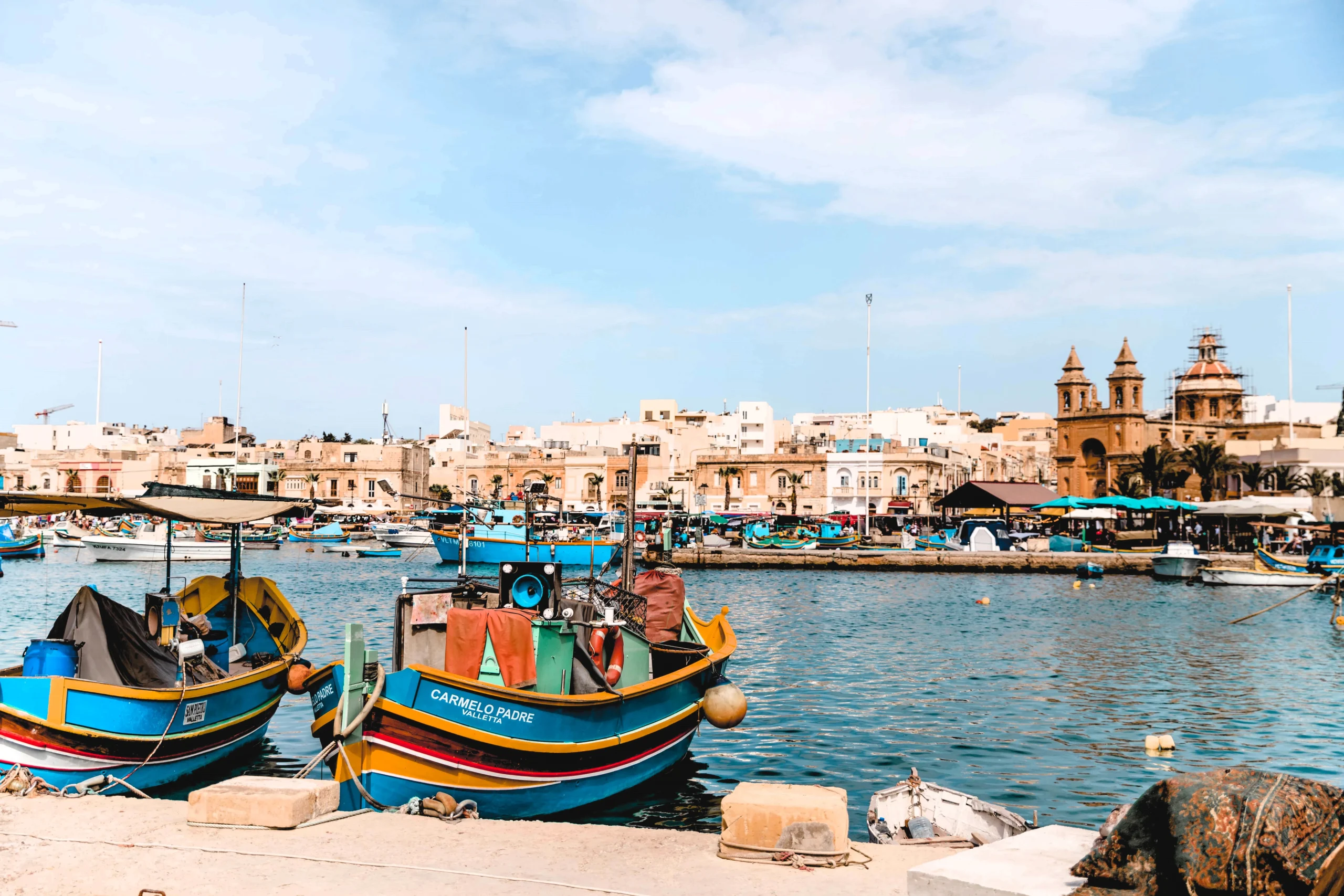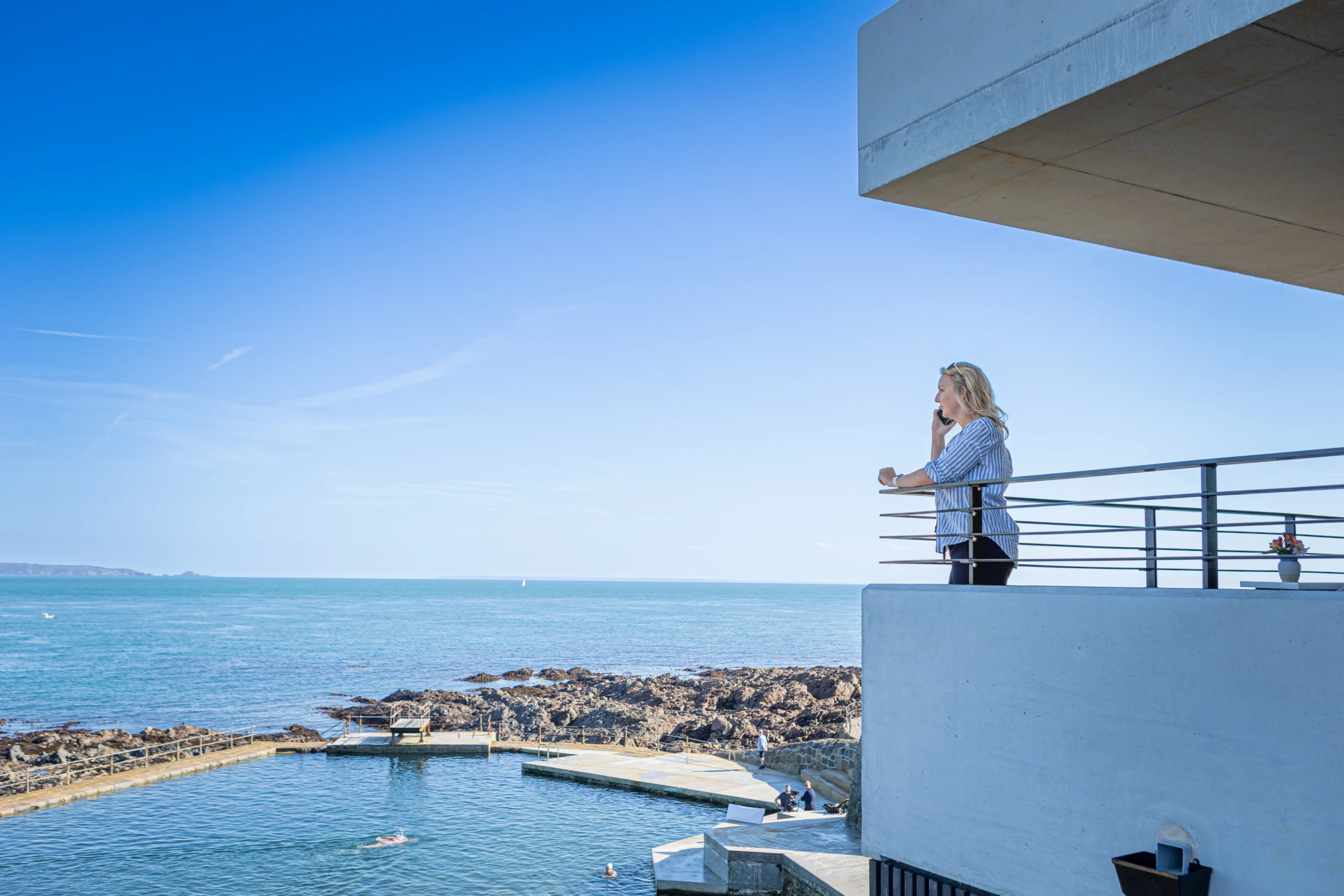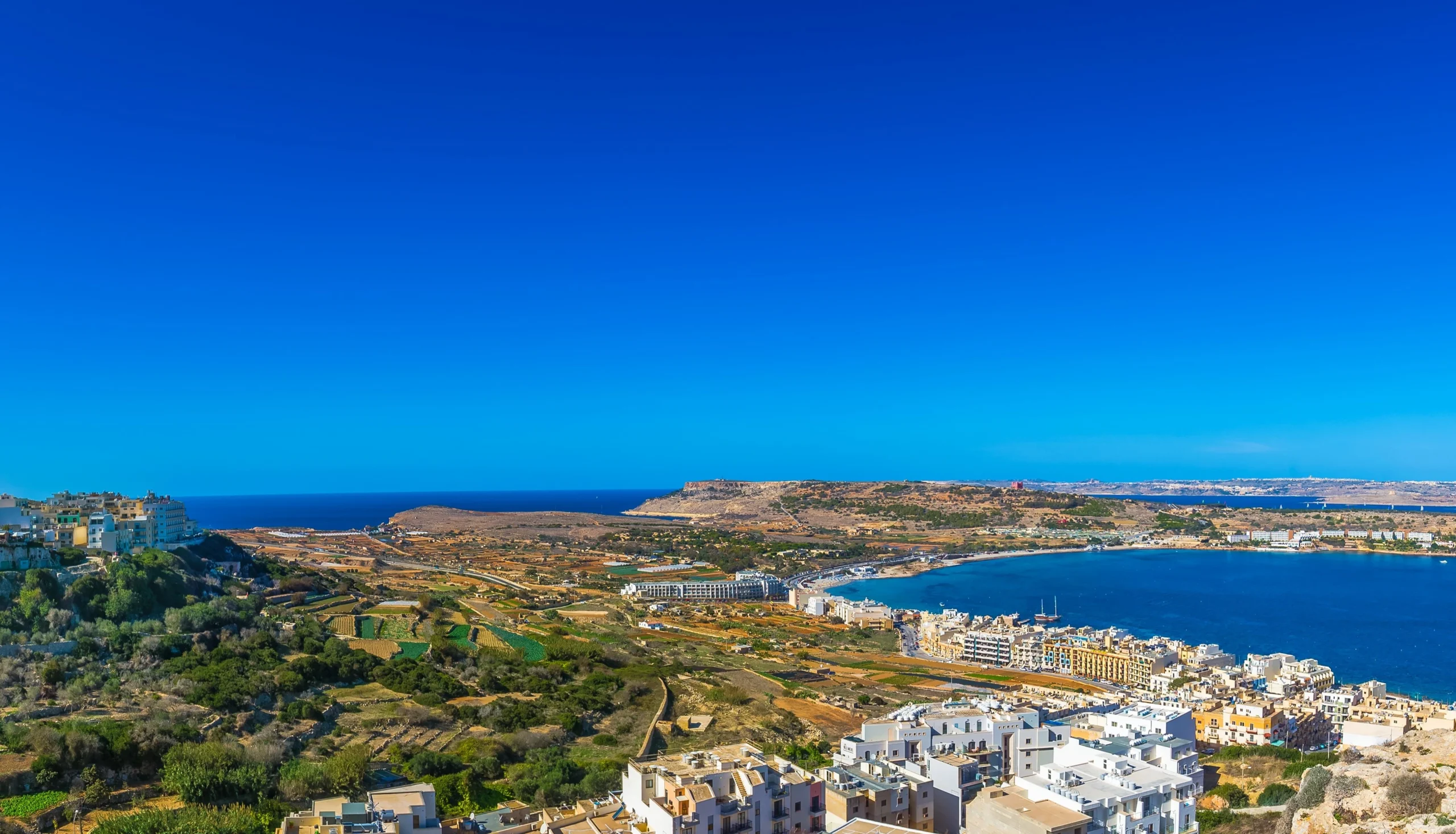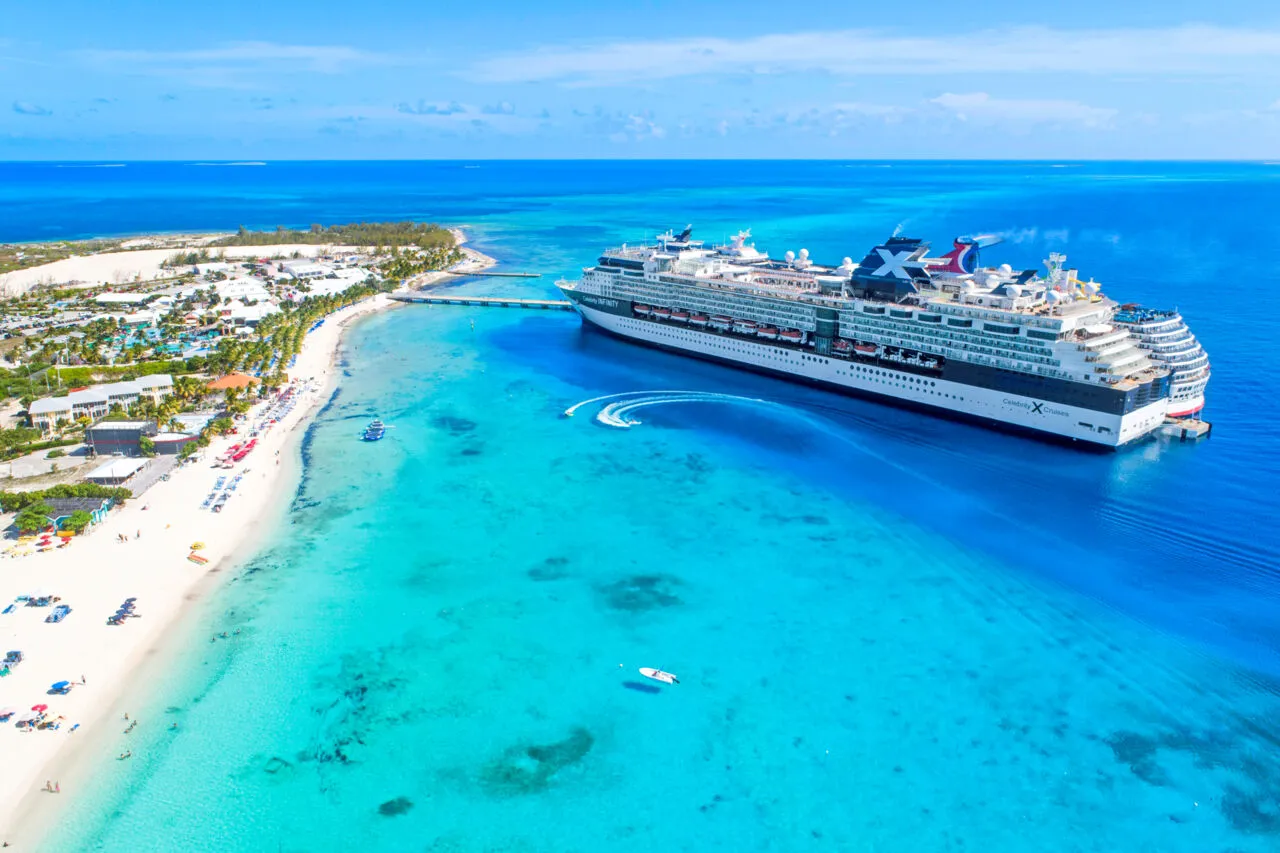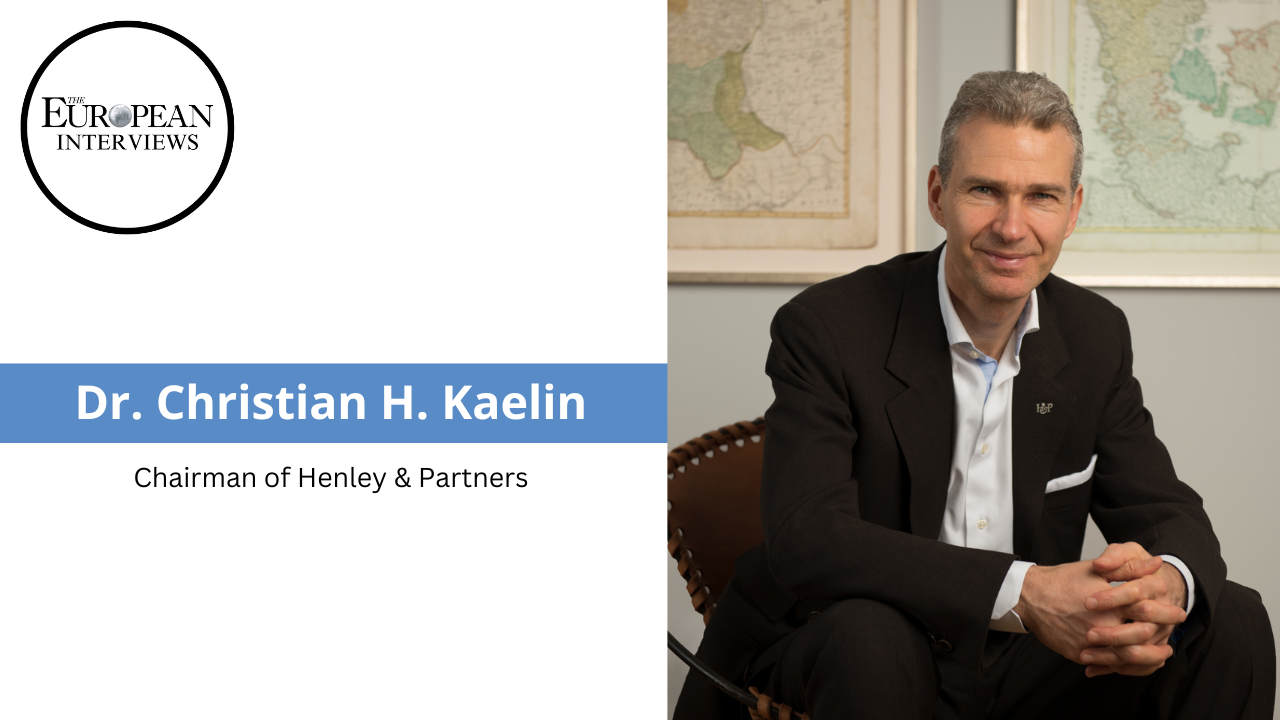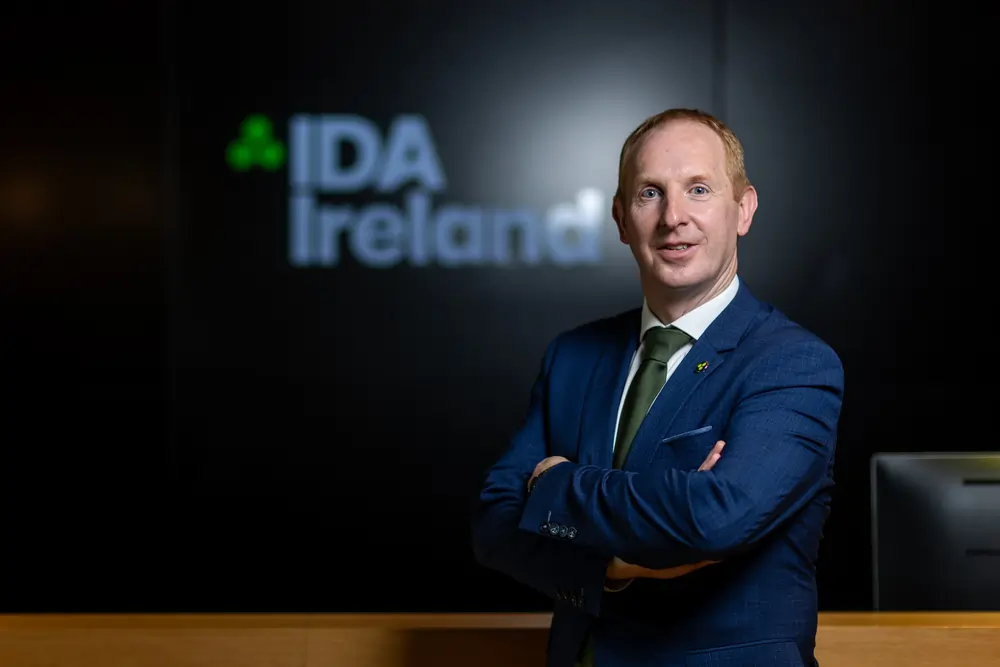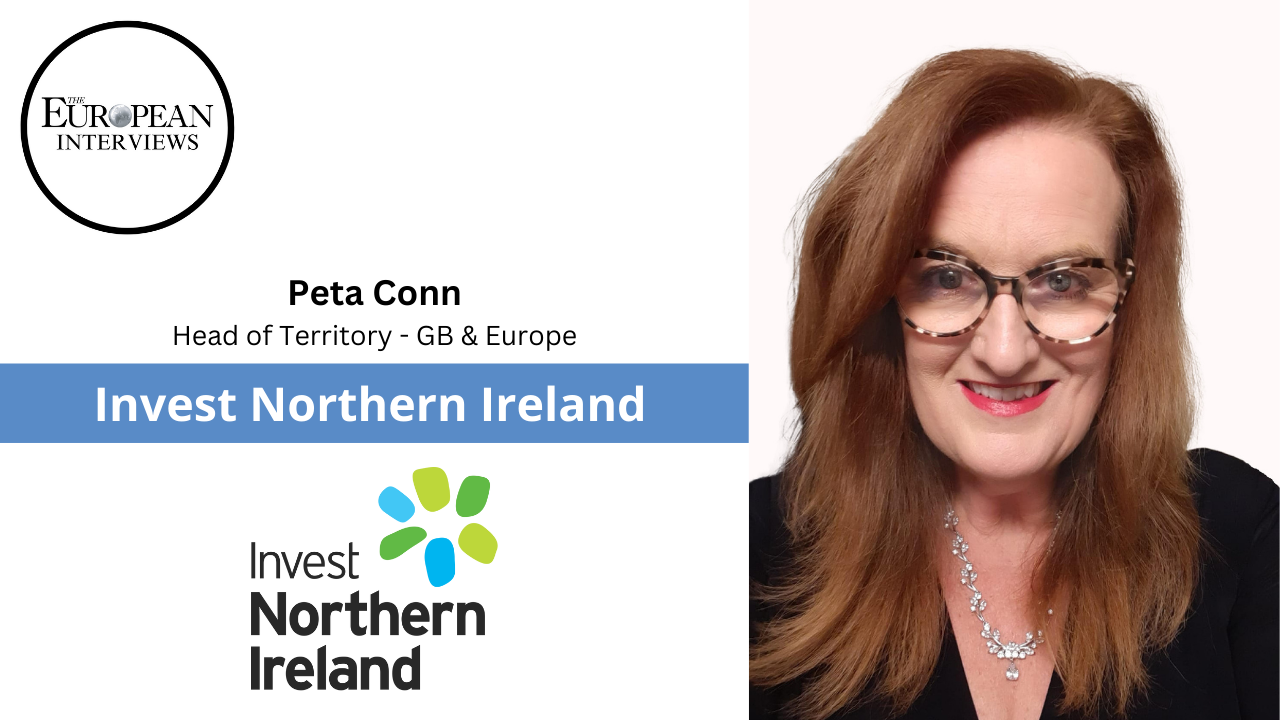The dawn of Malta’s new journey

John E. Kaye
- Published
- Banking & Finance, Foreign Direct Investment, Home
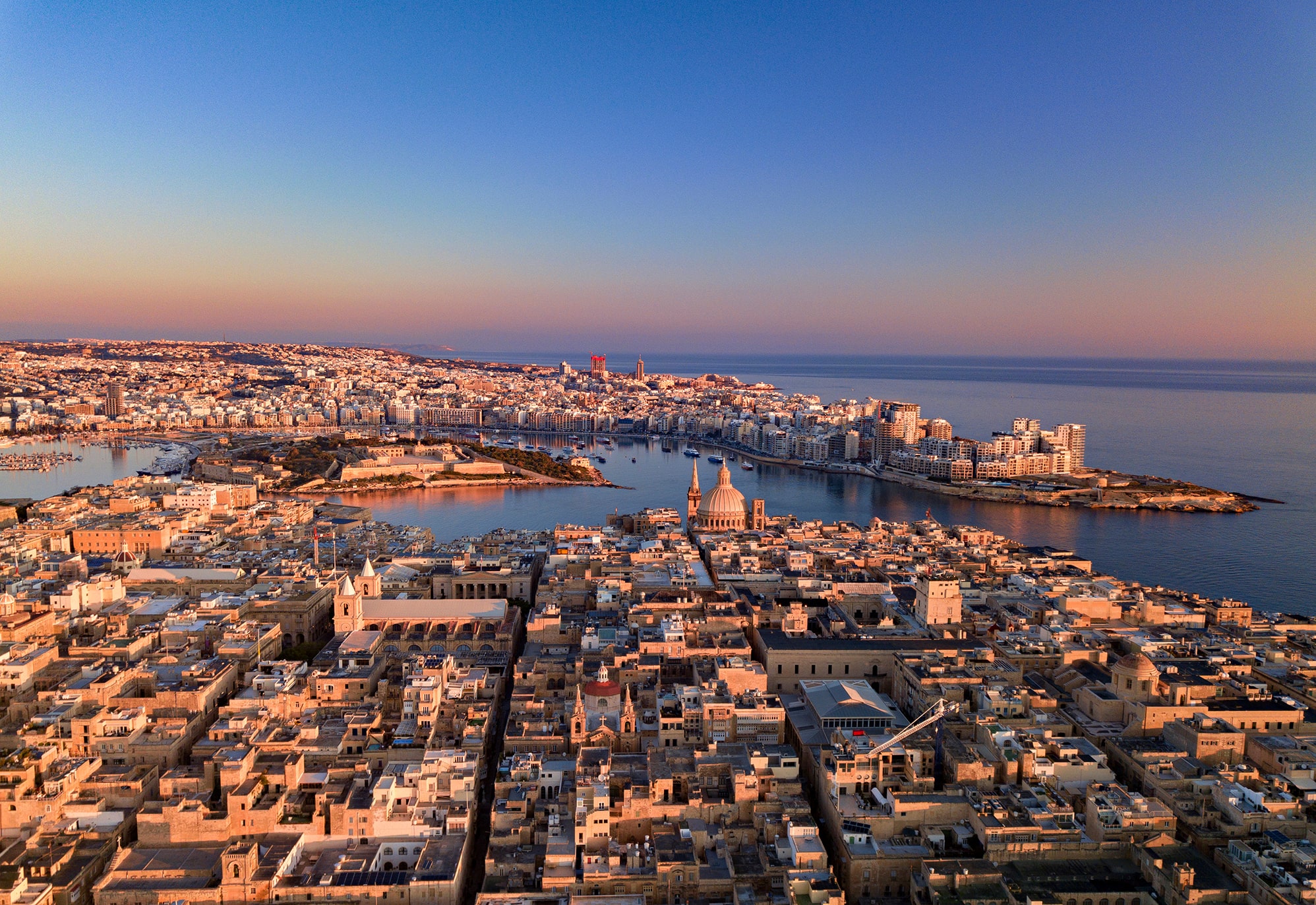
Walter Cutajar, Managing Director of Avanzia Taxand, outlines the progress Malta has made since the Moneyval AML/CTF assessment as it seeks to regain its position as a global financial centre
In Strasbourg last April, the Council of Europe’s anti-money laundering committee Moneyval voted in favour of Malta’s current anti-money laundering and combatting financing of terrorism (AML/CTF) safeguards. For many, the much-awaited Moneyval report was a relief after the country had failed an initial assessment in July 2019.
Moneyval analysed the level of compliance with 40 recommendations laid down in the July 2019 report and the level of effectiveness of Malta’s AML/CFT system. The findings of the original assessment were endorsed by the Financial Action Task Force (FATF), which must now decide whether Malta should be placed on the so-called grey list of nations not meeting the required AML/CFT standards – indications are that Malta will avoid this categorisation.
Whilst it was evident, especially in the last few months, that the Maltese government, and relevant authorities and regulatory bodies, were acting on the recommendations, it’s important to look at the key findings contained in Moneyval’s 2019 report and see whether Malta has now achieved its goal. Or, on the other hand, recognise that this is an ongoing effort that may also warrant some changes in the way Malta does things and how people perceive the combined efforts of all the players and stakeholders.
The Moneyval delegation noted that Malta has a sound legal framework to fight the financing of terrorism and has made significant efforts to understand the money laundering risks. However, it was also noted that Malta focuses more on tax collection rather than financial investigations. There were concerns regarding the use of suspicious transaction reports (STRs) submitted by various “subject persons” to the Financial Intelligence Analysis Unit (FIAU). Also, strategic analysis conducted by the FIAU does not adequately support the activities of the respective stakeholders.
It was also noted that there is a lack of investigations related to terrorism financing conducted by the Maltese police, and they can take an extremely long time due to certain archaic procedures. While the law courts issue orders for the confiscation of assets, there are shortcomings in the identification and tracing of assets that cast serious doubts on the effectiveness of the system and the existence of a coherent policy.
Moneyval was not convinced that the law enforcement authorities are currently in a position to effectively investigate and prosecute high-level and complex financial crime. Malta has made some progress here, but can we do more? What message is the country sending to reputable, potential investors? Are we as efficient as we claim to be or do we need to revisit procedures and accept constructive criticism?
The report goes on to state that based on the few convictions, the sanctions applied against “natural” persons appear to be dissuasive. Malta has yet to achieve convictions for money laundering concerning “legal” persons. It was also noted that the supervisory authorities did not have adequate resources to conduct risk-based supervision, for the size, complexity and risk profiles of Malta’s businesses and service providers. This was addressed. As a result, a considerable amount of investment has been undertaken in having adequate human resources who are experienced and trained in recognising financial crime. We have also seen a substantial increase in the number of STR submissions by subject persons to the FIAU and much more compliance visits often resulting in punitive measures. This may have had certain counter-productive effects and led to animosity between stakeholders.
Coordinated effort
There is no doubt that everyone must play their part right across Malta’s corporate arena. And perhaps it is high time for all stakeholders to realise that a team effort is required, and cooperation is key. All stakeholders, including the authorities and governing bodies need to embrace change and have proper mechanisms to combat financial crime and financing terrorism, but without stifling investment. This equally applies to the banking industry, which has become a “no-go” in Malta since it is impossible to open a corporate bank account. We need to target exactly where the issues are and not apply general measures that also harm legitimate businesses. Whilst banks have every right to set their risk-appetite and onboarding procedures, we need to see a more cohesive approach.
As a financial jurisdiction, Malta has robust mechanisms in place to combat financial crime, but its AML and CFT measures are only as strong as its weakest link. Despite all the good work, if one aspect fails, then the country’s reputation will suffer, and the economy will suffer too.
We’ve passed a very important hurdle with Moneyval’s assessment, and we must now ensure that we all work together to ensure Malta has a solid reputation and take the financial services sector to the next level. We have all the necessary tools. Let’s make sure we work hard and more importantly, we work smart. We can surely do it. ν
Further information
RECENT ARTICLES
-
 Zanzibar’s tourism boom ‘exposes new investment opportunities beyond hotels’
Zanzibar’s tourism boom ‘exposes new investment opportunities beyond hotels’ -
 Residence and citizenship planning is reshaping global wealth strategies
Residence and citizenship planning is reshaping global wealth strategies -
 Building sovereign bridges by attracting global investors
Building sovereign bridges by attracting global investors -
 Bahrain cuts property investment threshold for golden residency
Bahrain cuts property investment threshold for golden residency -
 Where mobility meets opportunity: Malta’s strategic advantage for global investors and innovators
Where mobility meets opportunity: Malta’s strategic advantage for global investors and innovators -
 UK government sets up Women in Tech taskforce amid gender imbalance concerns
UK government sets up Women in Tech taskforce amid gender imbalance concerns -
 Malta introduces Nomad Heritage Card for remote professionals
Malta introduces Nomad Heritage Card for remote professionals -
 How free global cities could reshape the future of migration
How free global cities could reshape the future of migration -
 Dominican Republic positions itself as Caribbean hub for sustainable trade and investment
Dominican Republic positions itself as Caribbean hub for sustainable trade and investment -
 Biviana Riveiro Disla speaks to The European about the Dominican Republic’s role as a hub for trade and investment
Biviana Riveiro Disla speaks to The European about the Dominican Republic’s role as a hub for trade and investment -
 Liechtenstein tops global index for foundations
Liechtenstein tops global index for foundations -
 Keeping the door open: wealthy UK citizens investing their way back into the EU
Keeping the door open: wealthy UK citizens investing their way back into the EU -
 Ethiopia emerges as a sustainable investment leader on the African stage
Ethiopia emerges as a sustainable investment leader on the African stage -
 France’s FDI renaissance marks a Nouvelle Ère for Europe
France’s FDI renaissance marks a Nouvelle Ère for Europe -
 The Turks and Caicos Islands: A new era for financial services and innovation
The Turks and Caicos Islands: A new era for financial services and innovation -
 Jersey in focus – an interview with Chief Minister Deputy Lyndon Farnham
Jersey in focus – an interview with Chief Minister Deputy Lyndon Farnham -
 Malta – a popular base for digital nomads
Malta – a popular base for digital nomads -
 Move to Guernsey: The Channel’s island gem
Move to Guernsey: The Channel’s island gem -
 Malta’s residency-by-investment programme: a clear path to permanent residency
Malta’s residency-by-investment programme: a clear path to permanent residency -
 The banking shift that Europe’s businesses can’t afford to ignore
The banking shift that Europe’s businesses can’t afford to ignore -
 High-net-worth Europeans turn to investment migration amid security fears
High-net-worth Europeans turn to investment migration amid security fears -
 Beyond the beaches: a spotlight on the Turks and Caicos Islands
Beyond the beaches: a spotlight on the Turks and Caicos Islands -
 Video Interview with Dr. Christian H. Kaelin of Henley & Partners
Video Interview with Dr. Christian H. Kaelin of Henley & Partners -
 Ireland’s resilience and future in Foreign Direct Investment
Ireland’s resilience and future in Foreign Direct Investment -
 Video Interview with Peta Conn of Invest Northern Ireland
Video Interview with Peta Conn of Invest Northern Ireland





